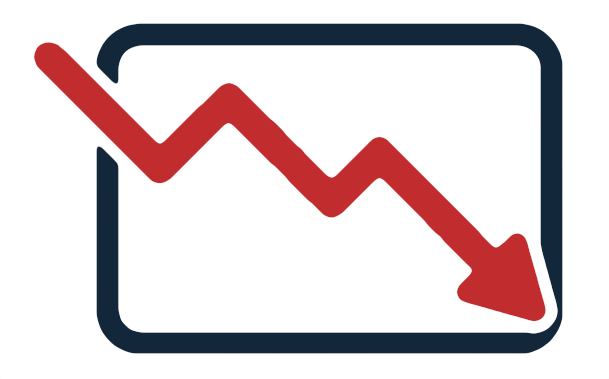Housing Market Slowdown: Recession Harbinger or Healthy Correction?
Housing Market Slowdown: Recession Harbinger or Healthy Correction?
Housing starts and home sales are declining. We examine whether this signals broader economic trouble ahead.
The Current Housing Market
Housing starts have declined for eight consecutive months, falling to levels last seen in early 2020. Home sales have similarly decreased, with existing home sales down 15% year-over-year. These trends have emerged despite continued low unemployment and moderate GDP growth.
Historical Context
The housing market has often led the broader economy into recession. The 2008 financial crisis is the most dramatic example, but housing weakness also preceded the 2001 and 1990-91 recessions. However, not all housing market corrections lead to broader economic contractions.
Causes of the Current Slowdown
Several factors are contributing to the current housing market weakness:
Potential Economic Impacts
The housing sector impacts the economy through multiple channels:
- Direct construction employment
- Demand for materials and furnishings
- Wealth effects on consumer spending
- Financial system exposure to mortgage debt
Is This Time Different?
Unlike 2008, today's housing market features stronger fundamentals:
- Lower leverage among homeowners
- Stricter lending standards
- Less speculative building
- Stronger household balance sheets
Conclusion
While the housing market slowdown is concerning and contributes to our elevated recession probability estimate, it appears more like a correction than a collapse. Nevertheless, continued deterioration in housing metrics would significantly increase recession risk, particularly if combined with weakness in other sectors.
